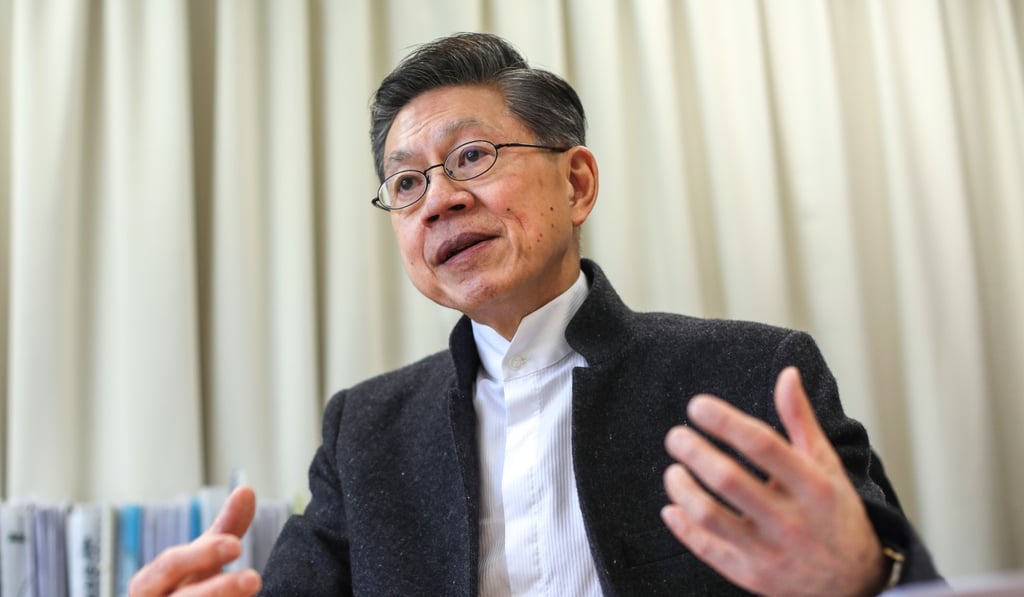Advertisement
Hong Kong health chief during Sars epidemic believes city’s emergency plan can be improved
- Now director of Chinese University’s school of public health, Yeoh Eng-kiong is advocating for an overall framework that can be adjusted to different crises
- Data already at government’s fingertips can be mined to identify trouble areas, including the city’s longstanding dearth of hospital beds
Reading Time:3 minutes
Why you can trust SCMP

A former health minister who learned the difficulty of dealing with public health crises the hard way during the 2003 Sars epidemic wants to put that experience to use by helping the government review its infectious disease response plan, the Post has learned.
Yeoh Eng-kiong, now director of Chinese University’s school of public health, said the administration needs a more timely and comprehensive plan to cope with unexpected outbreaks.
The former minister’s offer comes as the administration has faced intense criticism for its failure to take prompt action to contain the spread of Covid-19, ranging from perceived delays in closing border checkpoints to slow intervention into the procuring and production of masks.
Advertisement

Yeoh knows what it is like to face that kind of criticism.
Advertisement
The one-time health chief stepped down from his role in July 2004 after being heavily criticised in a Legco report for mishandling the Sars outbreak.
Advertisement
Select Voice
Choose your listening speed
Get through articles 2x faster
1.25x
250 WPM
Slow
Average
Fast
1.25x